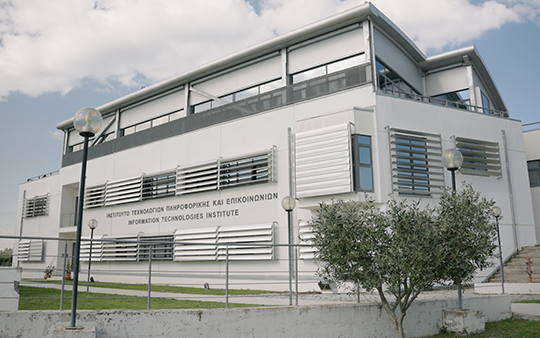

A natural compound found in broccoli holds promise for preventing blood clots and improving stroke treatment, offering potential breakthroughs in cardiovascular health.
Broccoli shows potential in the prevention and treatment of blood clots, a significant factor in strokes, which are the second leading cause of death in the world.
A team from the University of Sydney investigated the interaction of 23 plant compounds with blood platelets, essential for wound healing but also involved in the formation of clots that lead to brain damage caused by stroke.
Their research is published in the journal ACS Central Science.
A key compound in broccoli
Among these compounds, sulforaphane (SFN), found in cruciferous vegetables such as broccoli, has emerged as a potent anti-clotting agent previously recognized for its cancer prevention and cholesterol-lowering potential.
SFN has been shown to inhibit platelet aggregation and clot formation, potentially by modulating the activity of the PDIA6 protein, which is critical for preventing life-threatening clots in vital organs.
Biomedical scientist Xuyu Liu from the aforementioned Australian university emphasizes the dual potential of SFN.
Not only is the broccoli compound effective in improving the effectiveness of clot-busting drugs after a stroke, but it can also be used as a preventative for patients who are at high risk of stroke, Liu said.
Combination with drugs
Combining SFN with existing clot-dissolving drugs such as tissue plasminogen activator (tPA) greatly increases its effectiveness, increasing success rates from 20 to 60 percent in mouse models, without increasing the risk of bleeding associated with conventional blood thinners.
Liu emphasizes the safety profile of SFN, the lack of common bleeding side effects typical of other stroke treatments. While human trials are ongoing, the natural occurrence of SFN in foods such as broccoli suggests a promising avenue for stroke prevention, potentially augmenting diets aimed at heart health and disease prevention.
The full potential is yet to be discovered
However, the full extent of SFN’s potential to reduce stroke and its feasibility as a stand-alone preventive measure requires further investigation, given the staggering global burden of stroke, which claims millions of lives annually and leaves many survivors with permanent disability.
Liu is optimistic about the implications of the new research. We are very excited to have isolated a natural compound that can have tremendous beneficial effects… Our studies will continue to explore how highly purified compounds from vegetables can have beneficial effects in disease processes, he says.
Source: Science Alert







